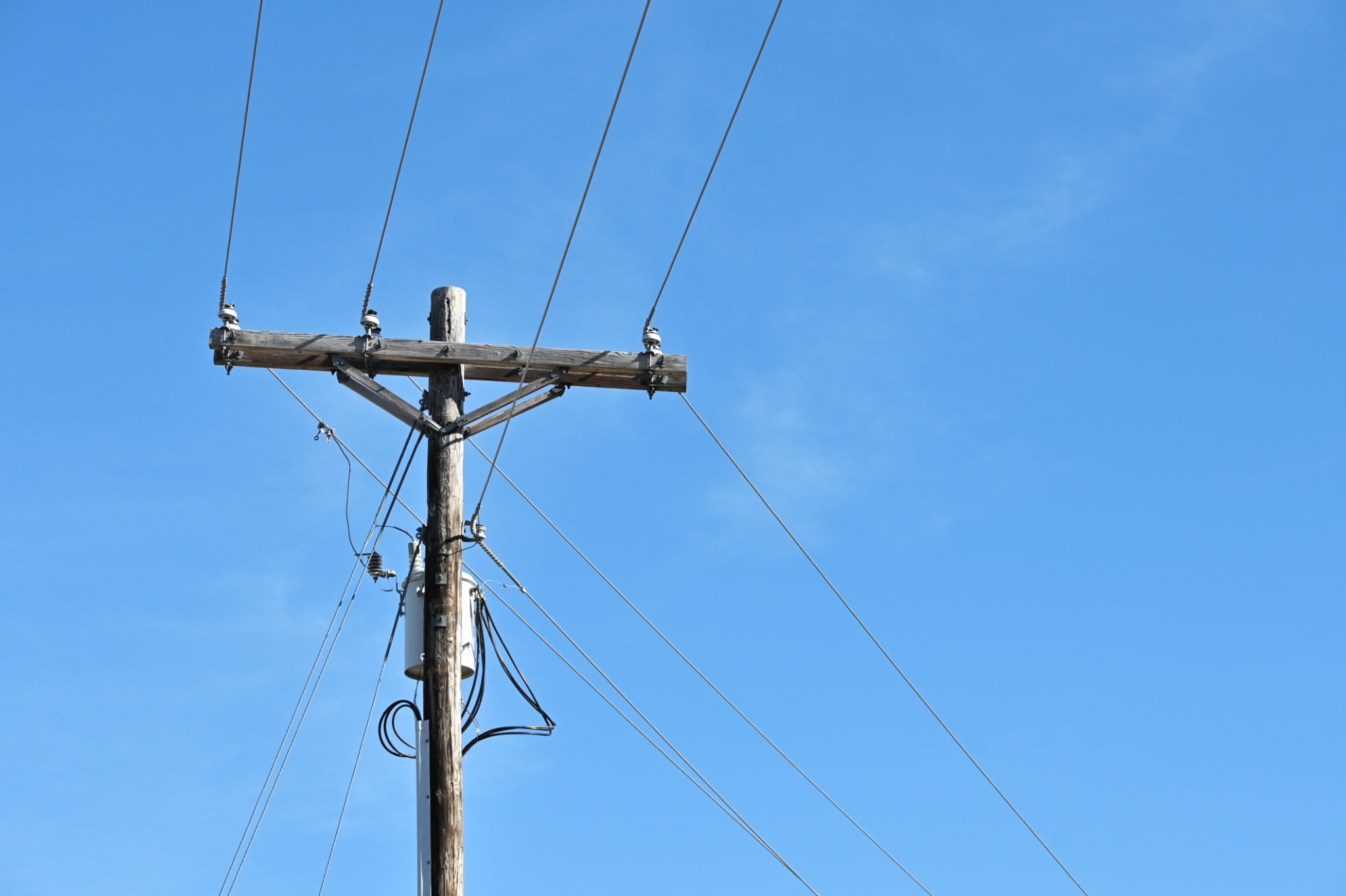Expert Advice: Common Misconceptions About Electrical Installations
Understanding Electrical Installations: Dispelling the Myths
Electrical installations are a crucial part of any building's infrastructure, yet they often remain shrouded in mystery for many people. Misconceptions about electrical systems can lead to confusion and even hazardous situations. In this blog post, we'll explore some of the most common myths surrounding electrical installations and provide expert insights to help you better understand these complex systems.

Myth 1: All Electrical Installations Are the Same
One common misconception is that all electrical installations are created equal. In reality, the requirements for electrical systems can vary significantly depending on the type of building and its intended use. Residential, commercial, and industrial installations each have unique standards and specifications that must be met to ensure safety and functionality. Understanding these differences is essential for designing and maintaining a reliable electrical system.
For instance, commercial buildings often require more robust systems due to higher energy demands, while residential installations may focus more on aesthetics and convenience. Tailoring your approach based on the specific needs of the environment is crucial for optimal performance.
Myth 2: DIY Electrical Work Is Safe
Another widespread belief is that do-it-yourself electrical work is a safe and cost-effective alternative to hiring a professional. However, this can be a dangerous assumption. Improperly installed electrical systems can lead to severe hazards, including electrical fires, shocks, and even fatalities. Electrical work requires specialized knowledge and skills to ensure it meets safety standards and codes.

While there are some minor tasks that homeowners may safely undertake, such as replacing a light bulb or resetting a circuit breaker, more complex work should always be handled by a licensed electrician. This not only ensures compliance with regulations but also provides peace of mind knowing the job was done correctly.
Myth 3: Newer Buildings Don't Have Electrical Issues
It's easy to assume that newer buildings are free from electrical problems due to modern construction techniques and materials. However, this is not always the case. Even new buildings can experience issues such as faulty wiring or inadequate power supply if not installed correctly. Regular inspections and maintenance are necessary to identify potential problems early and prevent costly repairs down the line.

Additionally, as technology evolves, so do the demands on electrical systems. What might have been sufficient at the time of construction could quickly become outdated, necessitating upgrades to accommodate new devices and increased energy consumption.
Myth 4: Circuit Breakers Will Always Prevent Electrical Fires
Many people believe that circuit breakers offer complete protection against electrical fires. While circuit breakers are designed to interrupt electrical flow and prevent overloads, they are not foolproof. They cannot detect all types of faults, such as arcing faults that occur when electrical current jumps between wires.
To enhance safety, it's essential to use additional protective devices like arc-fault circuit interrupters (AFCIs) and ground-fault circuit interrupters (GFCIs). These devices provide an extra layer of protection by detecting specific types of faults and shutting off power before a fire can start.
Conclusion: Staying Informed Is Key
In conclusion, understanding the realities of electrical installations is vital for ensuring safety and efficiency in any building. By dispelling these common myths and relying on professional expertise, you can make informed decisions about your electrical systems. Regular maintenance and inspections by qualified electricians will help keep your installations in top condition and prevent potential hazards.